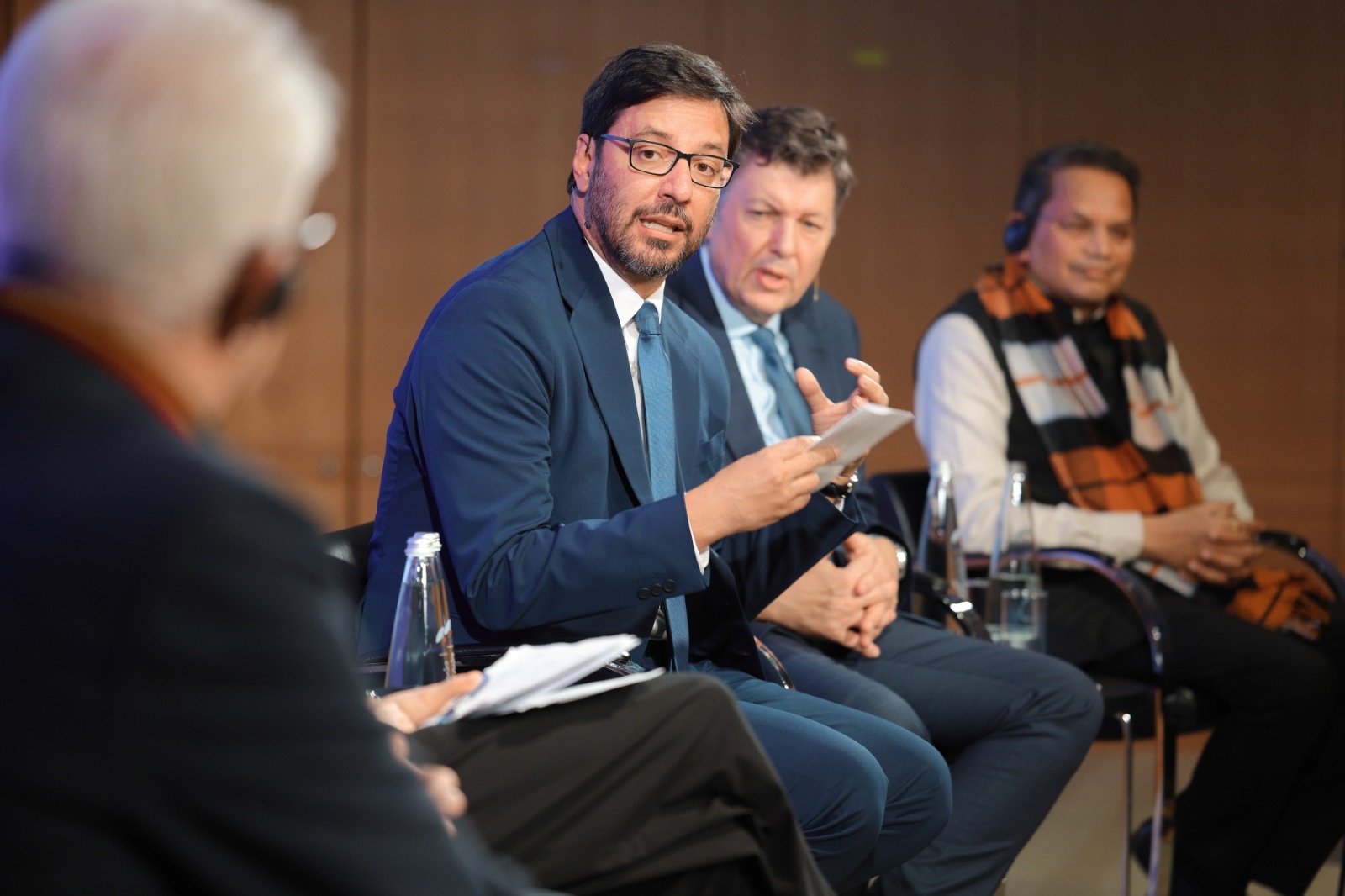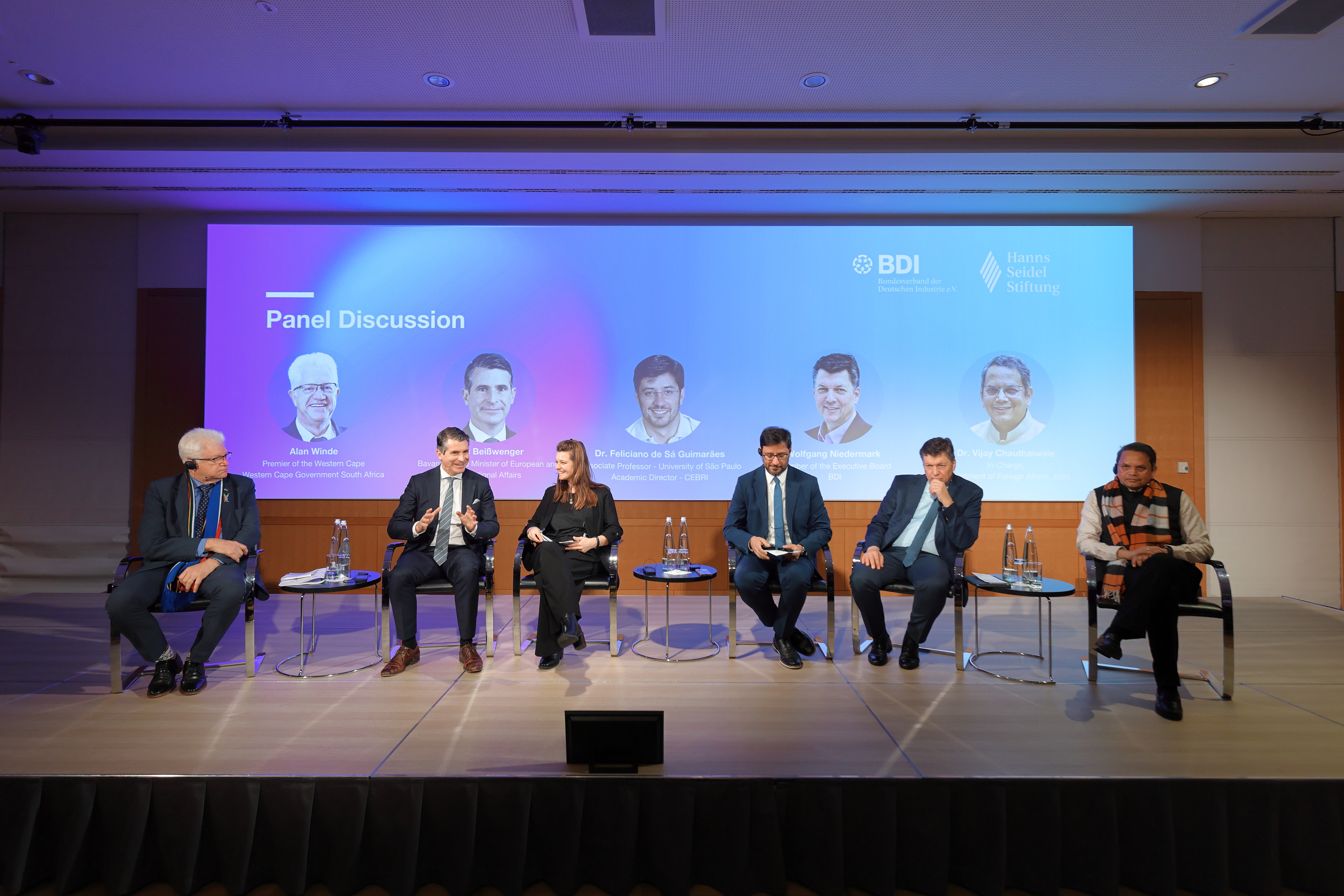CEBRI at the Munich Security Conference 2025
- 19 february 2025
CEBRI was present at the 61st Munich Security Conference (MSC), the premier global forum bringing together leaders and experts to debate international security challenges. Held from February 14 to 16, this year's conference focused on Multipolarization, covering key topics such as global governance, democratic resilience, and climate security. Discussions also addressed the international order, regional crises, the future of the transatlantic partnership, and Europe's role in global affairs.
What is the Munich Security Conference?
Originating from the International Defense Conference, the MSC was founded in 1963 by Ewald-Heinrich von Kleist, a former resistance fighter, as a private gathering to discuss defense issues. Over time, it has evolved into the leading independent forum for addressing contemporary and future challenges in global security and foreign policy.
Held annually in Munich, Germany, the conference convenes high-level decision-makers, including heads of state, ministers, representatives of international organizations and civil society, academics, and security experts. Throughout the decades, the MSC has become a key platform for diplomatic initiatives and high-stakes political discussions on pressing security risks.
61st Munich Security Conference
In 2025, the MSC once again gathered global leaders from February 14 to 16 to deliberate on the most pressing international security issues. Under the theme Multipolarization, discussions this year centered on global governance, democratic resilience, and climate security, as well as debates on the international order, regional crises, the future of transatlantic relations, and Europe's evolving global role.
CEBRI on the Global Stage
Attending the MSC for the second time, Feliciano Guimarães, Academic Director at CEBRI and Professor at the Institute of International Relations at USP, closely followed key discussions on contemporary security challenges. According to Guimarães, this was a historic year, with speeches that are likely to have lasting impacts on international politics. One of the most notable moments was the address by JD Vance, U.S. Vice President, who, while discussing European democracies, conspicuously avoided mentioning the Ukraine War—an issue central to past conferences. His remarks provoked strong reactions from European leaders, further deepening tensions within the Transatlantic Alliance (NATO).
Another critical point was the debate on Ukraine’s future, particularly regarding the potential launch of peace negotiations with Russia and the challenges of deploying peacekeeping forces along an 1,800 km contact line after a ceasefire. This scenario could eventually involve Brazil, as the country is not entirely removed from the broader geopolitical equation.


